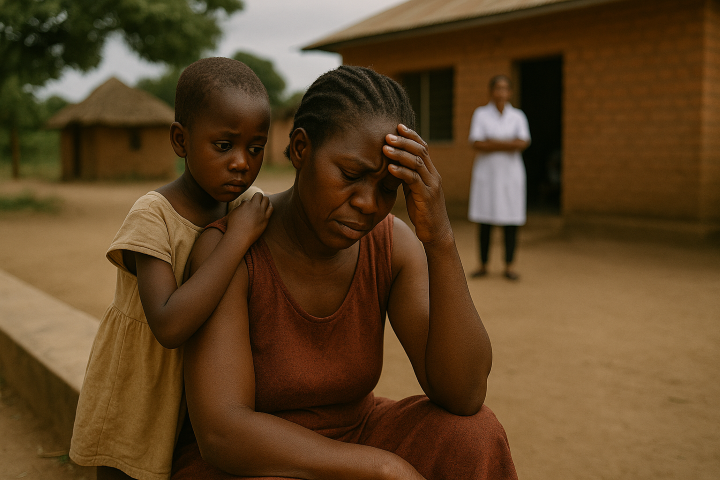
Most do not notice it, but across the global development landscape, gender mainstreaming, once seen as essential to effective programming, is quietly being pushed aside. Either through budget cuts or discussions that now avoid the subject altogether, the handwriting is clearly on the wall.
According to Filippo Grandi, UN High Commissioner for Refugees, “Brutal funding cuts in the humanitarian sector are putting millions of lives at risk. The consequences for people fleeing danger will be immediate and devastating.”
Unfortunately, for us here in Nigeria, the consequences of the above statement are already being felt, especially in the north-east, where just last year, major donor withdrawals, including from USAID and UN agencies, led to the closure of over 300 primary health centres, many of which had offered safe spaces for survivors of sexual violence, antenatal care, family planning, and mental health support.
Crucially, those were not just clinics but lifelines that offered hope, and with the rollback, support for millions of vulnerable women and girls fleeing conflict in displacement camps or remote communities was not just reduced but erased entirely. And let us not forget the 2022 UN Women report, which noted that 30 per cent of Nigerian women aged 15-49 had experienced gender-based violence, especially during the COVID-19 pandemic.
Yet even as the need for support increased, many donor-funded gender response programs were cut or scaled down, leaving more women and girls excluded from services, denied rights, and exposed to violence and exploitation.
As you can see, the shift has not been subtle but steady unravelling, which must force all of us to ask critical questions: Why is the commitment to integrate gender in policy and practice fading? Why is gender analysis that was once mandatory now optional? Why are programs built around equity and gender now treated as peripheral?
Locally, we must demand answers to these questions, because we are now living in times when advocating for equity, even around male vulnerabilities, often invites silence or suspicion. Honestly speaking, the space for honest conversations is shrinking, and alarmingly, the shrinkage borders on ideological, which I dare say is not where we want to be as Nigerians in 2025.
But importantly, we must also understand that it is not just financial support that is being affected, as the very architecture that made gender inclusion possible is being corroded. From ignoring the disaggregation of data, to the neglect of protection safeguards for the vulnerable, we clearly see a grim picture, which tells us that the political will to prioritize fairness is no longer guaranteed.
The cost is real, because when gender falls off the agenda, people fall through the cracks. Girls are pulled from schools, women are locked out of economic opportunities, and shamefully, survivors of violence are left without protection or justice.
Without the right frameworks, the risks multiply, and in a context already marked by poverty, insecurity, and rigid social norms, ignoring gender cannot be an option, as it deepens inequality and destroys the fabric of nationhood.
But again, we must ask: if gender work can be so easily side-lined, was it ever truly embedded? Or was it only tolerated, never fully embraced? We must ask these hard questions of ourselves and our systems, because how can we collectively move forward as a nation of one people if anyone is left behind?
Understandably, this piece may stir strong emotions, but what is needed now is firm resolve, not sentiment, because whether we admit it or not, gender equity must return to the centre of development. And to make this happen, practitioners must raise their voices, funders and implementers must recognize that programs lose strength without a gender lens, and most importantly, our political leaders must acknowledge what is being lost and act decisively to address it.
Above all, there must be a renewed commitment to pay attention, which means asking, every time: Who is being left out? Who needs to be protected, prioritized, or included?
Because when the funding ebbs, the silence grows, and we risk our very humanity by allowing the most marginalized among us to be forgotten.
Let that not happen on our watch.
